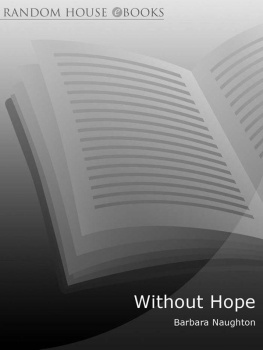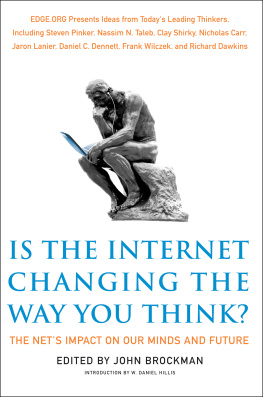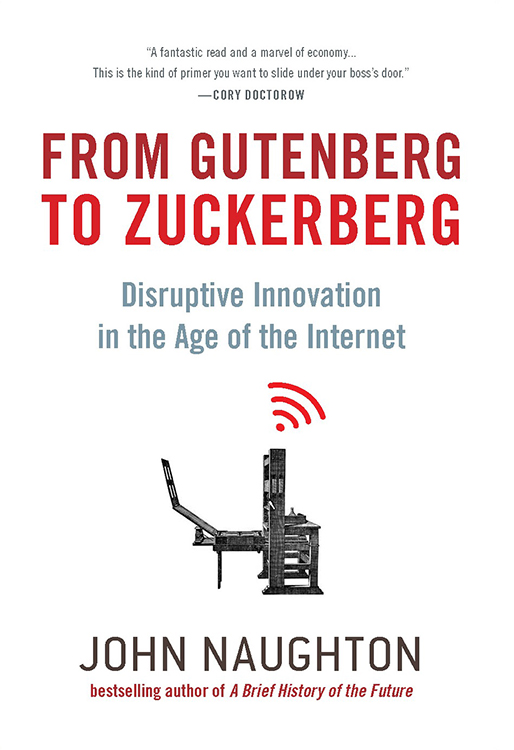
From Gutenberg to Zuckerberg
FROM GUTENBERG TO ZUCKERBERG
Disruptive Innovation in the Age of the Internet
John Naughton


New York London
2012 by John Naughton
First published in the United States by Quercus in 2014
All rights reserved. No part of this book may be reproduced in any form or by any electronic or mechanical means, including information storage and retrieval systems, without permission in writing from the publisher, except by reviewers, who may quote brief passages in a review. Scanning, uploading, and electronic distribution of this book or the facilitation of the same without the permission of the publisher is prohibited.
Please purchase only authorized electronic editions, and do not participate in or encourage electronic piracy of copyrighted materials. Your support of the authors rights is appreciated.
Any member of educational institutions wishing to photocopy part or all of the work for classroom use or anthology should send inquiries to Permissions c/o Quercus Publishing Inc., 31 West 57th Street, 6th Floor, New York, NY 10019, or to .
e-ISBN: 978-1-62365-063-6
Distributed in the United States and Canada by
Random House Publisher Services
c/o Random House, 1745 Broadway
New York, NY 10019
www.quercus.com
For Jasper, who came into the world at the time that this book was conceived
But life is short and information endless: nobody has time for everything. In practice we are generally forced to choose between an unduly brief exposition and no exposition at all. Abbreviation is a necessary evil and the abbreviators business is to make the best of a job which, though intrinsically bad, is still better than nothing. He must learn to simplify, but not to the point of falsification. He must learn to concentrate upon the essentials of a situation, but without ignoring too many of realitys qualifying side issues. In this way he may be able to tell, not indeed the whole truth (for the whole truth about almost any important subject is incompatible with brevity), but considerably more than the dangerous quarter-truths and half-truths which have always been the current coin of thought.
Aldous Huxley, Brave New World Revisited
Contents
It all started with a question that Im frequently asked. Because I once wrote a history of the Internetand people infer from this that I must have some superior insight into itthey eventually get around to posing a question thats clearly been bugging them for a while. The question is couched in various ways but always comes down to the same thing: why is the Net such a big deal? The motivation for asking the question varies. Some people are baffled by the Internet and wonder how it works. Some are awestruck by it and wonder what it means for our societies and our futures. Some are irritated by itespecially by what they see as the social and behavioral changes that it appears to be driving, or by the challenges that it poses to the established order. Some are enraged by itespecially if they see it as threatening their livelihoods or undermining their professional authority. Some are fearful of it as an alienating, atomizing technology that turns us (and, more important, our children) into screen-based addicts, locked into silent communion with remote objects. And so on.
As the old adage puts it, the worst kind of fear is fear of the unknown. So my inference from all this is that the root of the unease
This book is an attempt to alleviate that bewilderment. It stems from an attempt to explain what the Internet phenomenon means for all of us. I sat down one day and asked myself the question: What would you really need to know to understand the Internet and its implications?
It turns out that you dont need to know all that much. You need to understand some history and some basic technological ideas. You need to know a little about the architectural principles that underpin the networks design. You need a different perspective on networking than you will get from the news media. And most of all you need to look at the Internet phenomenon in terms of what its doing to our media ecosystemthe information environment that influences how human culture evolves. What this amounts to is a smallish number of Big Ideas that will, I hope, increase enlightenment and reduce the bewilderment of which Castells writes so eloquently.
But how many Big Ideas? In thinking about this I was reminded of a celebrated paper by the psychologist George Miller of Princeton University. Its title was The Magical Number Seven, Plus or Minus Two: Some Limits on Our Capacity for Processing Information and it was based on a talk he gave on April 15, 1955, to the Eastern Psychological Association in Philadelphia, and published the following year in the journal Psychological Review.himself by merely conjecturing that the recurring sevens might represent something deep and profound or be just coincidence. And that, he probably thought, was that.
But he underestimated the appetite of popular culture for anything with the word magical in the title. Instead of being known as a mere aggregator of research results, Miller found himself identified as a kind of sagea discoverer of a profound truth about human nature. My problem, he wrote,
is that I have been persecuted by an integer. For seven years this number has followed me around, has intruded in my most private data, and has assaulted me from the pages of our most public journals. This number assumes a variety of disguises, being sometimes a little larger and sometimes a little smaller than usual, but never changing so much as to be unrecognizable. The persistence with which this number plagues me is far more than a random accident. There is, to quote a famous senator, a design behind it, some pattern governing its appearances. Either there really is something unusual about the number or else I am suffering from delusions of persecution.
But in fact the basic idea that emerges from the 1956 paper still seems useful. The idea is that our short-term memory can only hold between five and nine chunks of information at any given timewhere a chunk is defined as a meaningful unit. So when I was trying to decide how many Big Ideas about the Internet would be meaningful for most readers, it seemed sensible to settle for George Millers magical numberseven ideas, plus or minus two. And from that decision, everything else followed.
So what are these ideas? There are nine, each of which has a chapter to itself.
1 Take the Long View
Were in the midst of a major upheaval in our information environment, and none of us has any real idea of where it will end up. So we need to put it into perspective. As it happens, Johannes Gutenberg triggered a comparable revolution five and a half centuries ago when he introduced printing by moveable type. His invention shaped the world into which the Internet was born. What can we learn from that experience?
2 The Web Is Not the Net
The World Wide Web is vast and important, but its not the Internet. Nor is Google the Internet. Nor is Facebook. These are just three of the things that run on the Internets infrastructure. The network is bigger and more important than any of the applications or services that it supports. Its vital that governments, policymakers, and users understand this because...
Next page

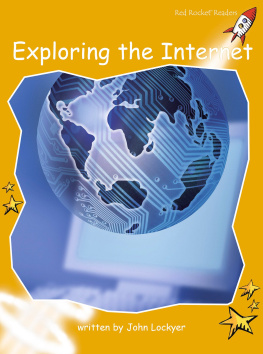
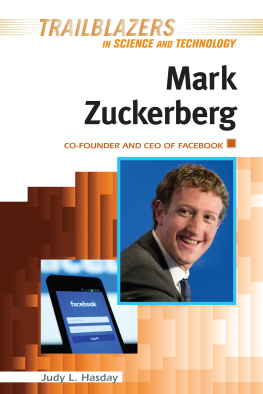
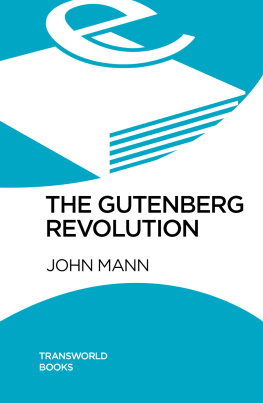
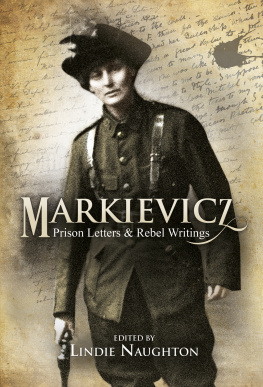
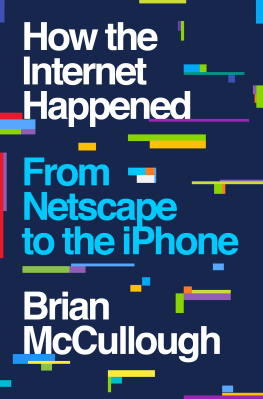
![Elisabeth Naughton [Elisabeth_Naughton] - Ensnared](/uploads/posts/book/140168/thumbs/elisabeth-naughton-elisabeth-naughton-ensnared.jpg)
